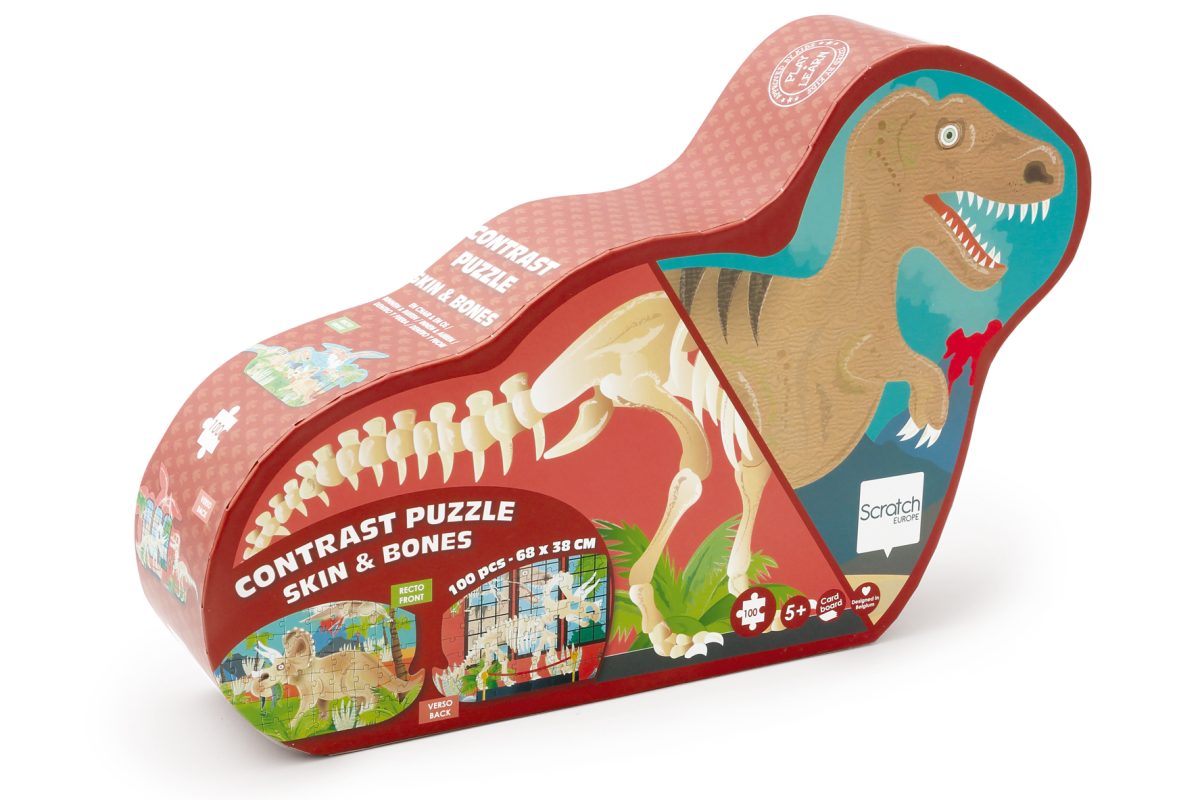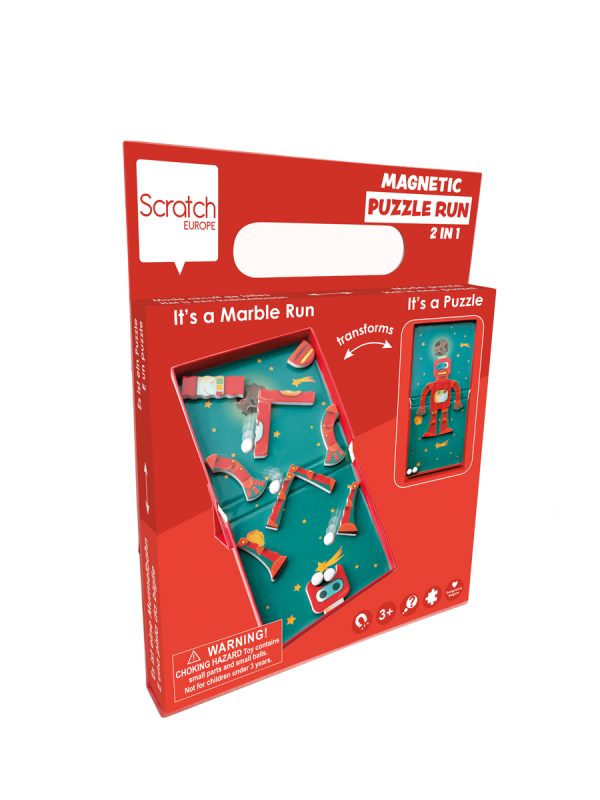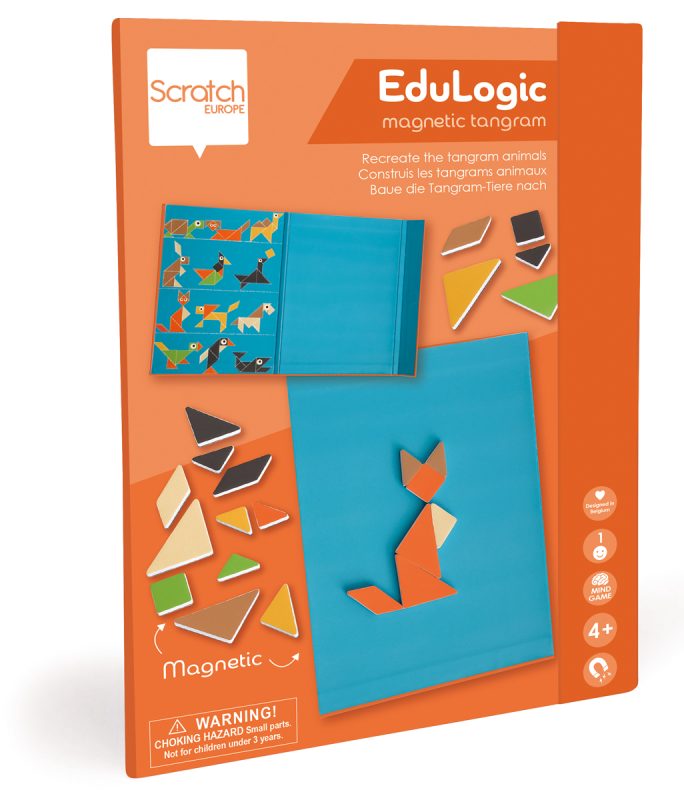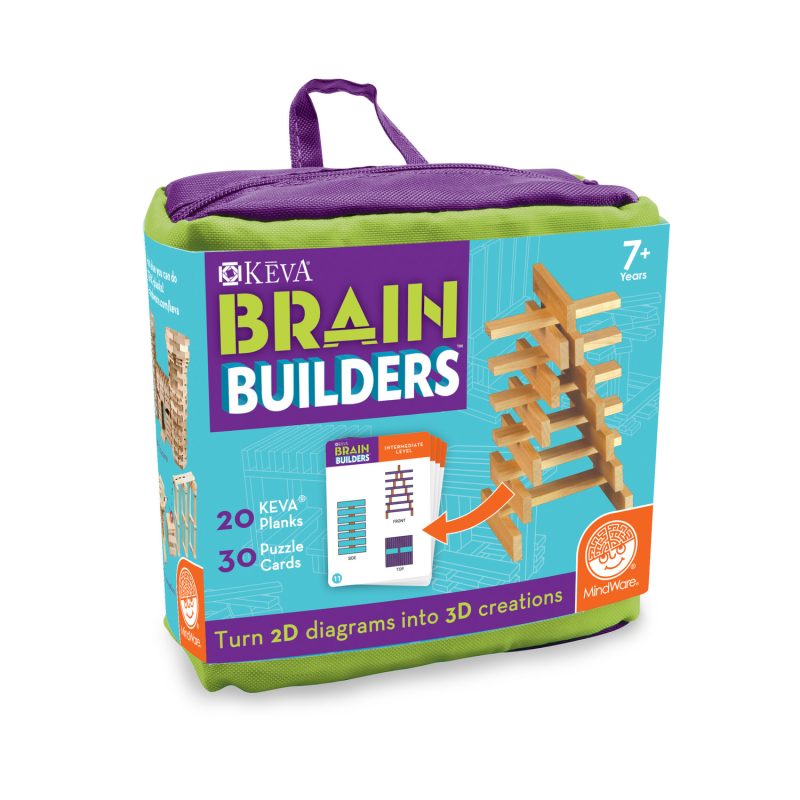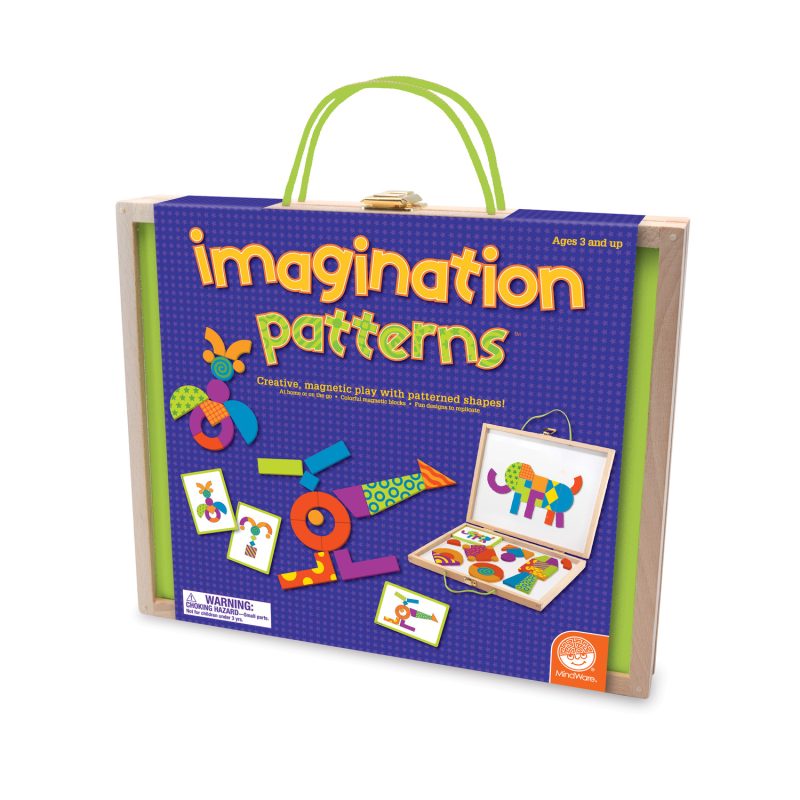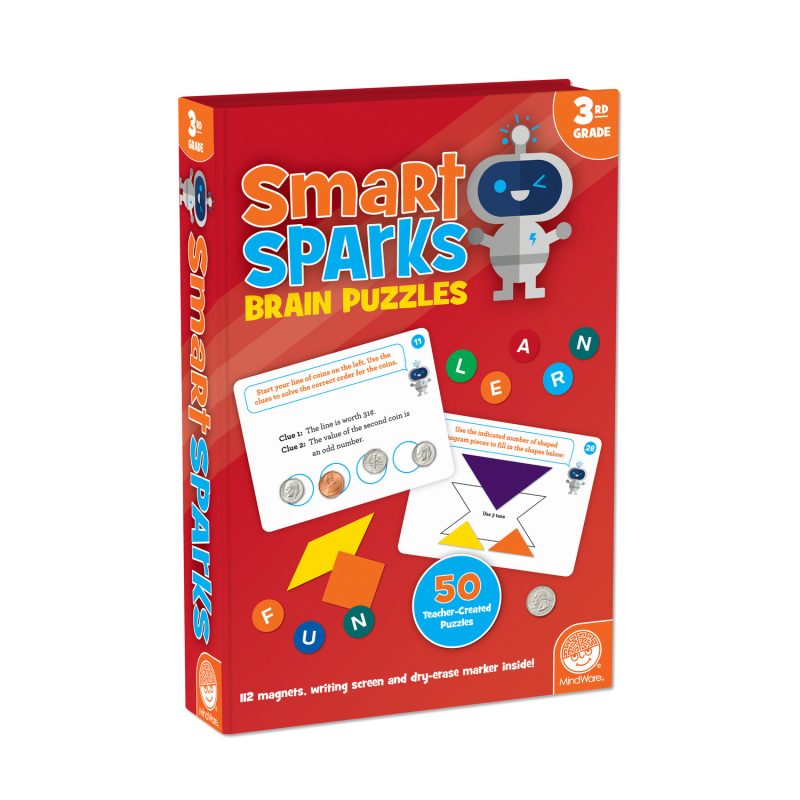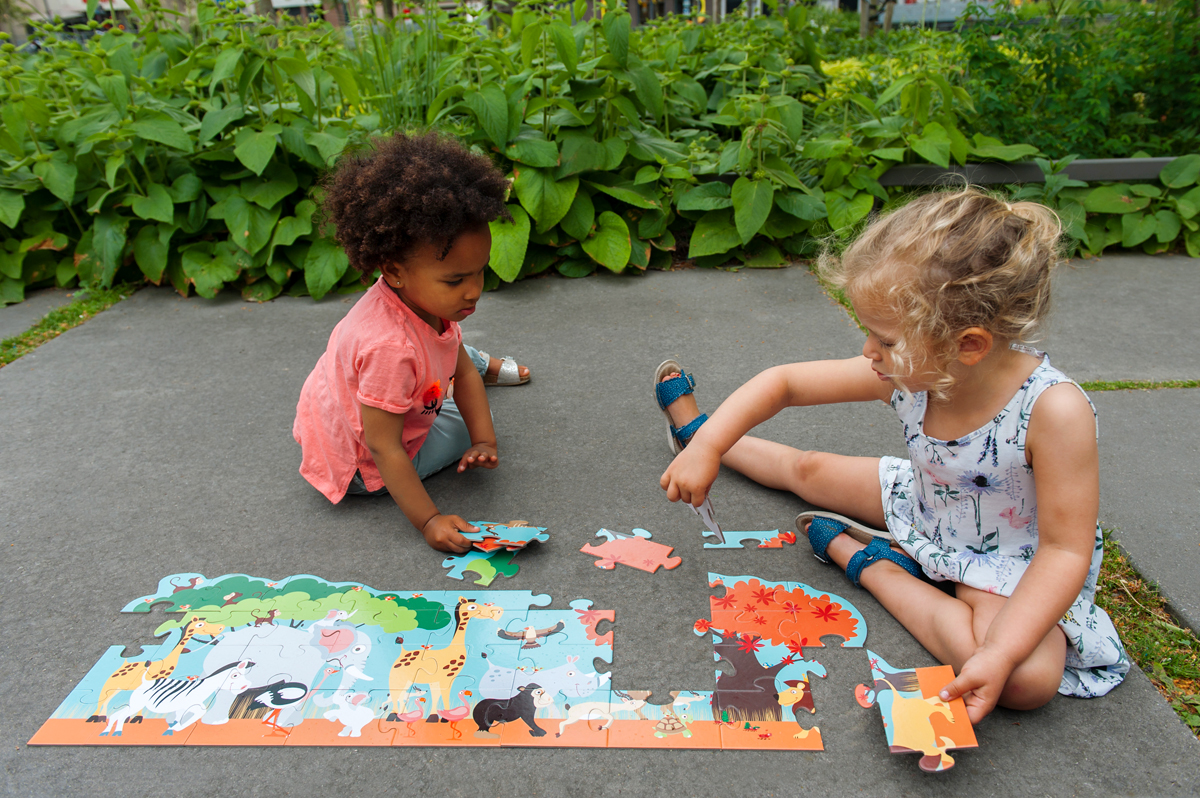Unlocking Fun and Learning: The Benefits of Puzzles for Toddlers and Children
Puzzles have long been a favorite pastime for children, captivating their attention and sparking curiosity. Beyond being a source of entertainment, puzzles offer a multitude of benefits for toddlers and children. From enhancing cognitive skills to promoting problem-solving abilities and fostering patience, puzzles are a valuable tool that combines fun and learning in a single package. In this article, we will explore the various advantages of puzzles and why they should be an integral part of a child’s playtime.
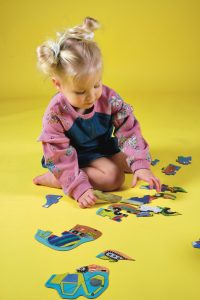
Cognitive Development
Puzzles provide a significant boost to cognitive development in children. As they engage with puzzles, they learn to recognise shapes, colors, patterns, and sizes. This process helps improve their visual perception and spatial awareness, which are essential skills for reading, writing, and mathematics. Additionally, solving puzzles requires critical thinking, logical reasoning, and memory recall, all of which contribute to the overall cognitive growth of a child.
Problem Solving Skills
Puzzles present children with challenges that require problem-solving skills. As they manipulate puzzle pieces and figure out how they fit together, they develop their ability to analyse and find solutions. This process encourages children to think creatively, experiment with different strategies, and develop perseverance as they encounter obstacles. Over time, these problem-solving skills become transferable to other areas of life, empowering children to tackle challenges with confidence and adaptability.
Fine Motor Skills
Picking up and manipulating puzzle pieces enhances fine motor skills in toddlers and children. The precise movements required to fit pieces together strengthen hand-eye coordination, finger dexterity, and grip strength. As children practice aligning and rotating puzzle pieces, they refine their fine motor skills, which are crucial for tasks like writing, drawing, and using utensils.
Language Development
Puzzles can be a great tool for promoting language development in young children. As they engage in puzzle play, parents or caregivers can introduce new vocabulary related to the puzzle theme, such as animal names, shapes, or objects. Encouraging verbal communication while solving puzzles also helps improve children’s ability to express their thoughts, ask questions, and engage in conversation, fostering language skills and vocabulary expansion.
Focus and Concentration:
Completing a puzzle requires sustained attention and concentration. As children strive to find the right pieces and fit them together, they develop focus and concentration skills. The immersive nature of puzzle-solving encourages children to stay engaged for extended periods, improving their ability to concentrate on tasks in other areas, such as schoolwork.
Emotional and Social Skills
Puzzles offer an opportunity for children to engage in collaborative play and develop important emotional and social skills. Working on puzzles together encourages teamwork, cooperation, and turn-taking. It fosters communication, negotiation, and problem-solving in a social setting. Puzzles can also be a calming and soothing activity, promoting relaxation and reducing stress levels in children.
Confidence and Self-Esteem
Successfully completing a puzzle provides a sense of accomplishment and boosts a child’s self-esteem. As they overcome challenges and see the final picture or pattern come together, they develop confidence in their abilities. This newfound confidence can extend beyond puzzle-solving and positively impact their approach to other tasks and challenges they encounter in their daily lives.
Tips for Introducing Puzzles to Children:
- Start with age-appropriate puzzles that match the child’s developmental stage and abilities.
- Begin with simpler puzzles and gradually increase the complexity as the child progresses. We have a great selection of starter puzzles ideal for introducing young kids to puzzles as well as up to 200 Piece Puzzles for more advanced puzzle-builders.
- Offer guidance and support when needed, but allow children to explore and problem-solve independently.
- Make puzzle time a fun and interactive experience by engaging in conversation, praising their efforts, and celebrating their successes.
- Provide a dedicated space or area for puzzles, ensuring easy access and organization. We have a range of giant floor puzzles as well as smaller magnetic puzzles ideal for travel.
- Rotate puzzle options periodically to maintain interest and challenge children with new designs or themes.
Puzzles offer a world of benefits for toddlers and children, blending entertainment and education seamlessly. From enhancing cognitive and problem-solving skills to fostering fine motor development and promoting social interaction, puzzles play a vital role in a child’s overall growth and development. So, let’s unlock the potential of puzzles and watch as our children embark on a journey of learning, creativity, and joyful exploration.
Looking for some different options for puzzles?
We have a range of brain puzzles that enhance the benefits of puzzles for kids. Check some of them out below.
